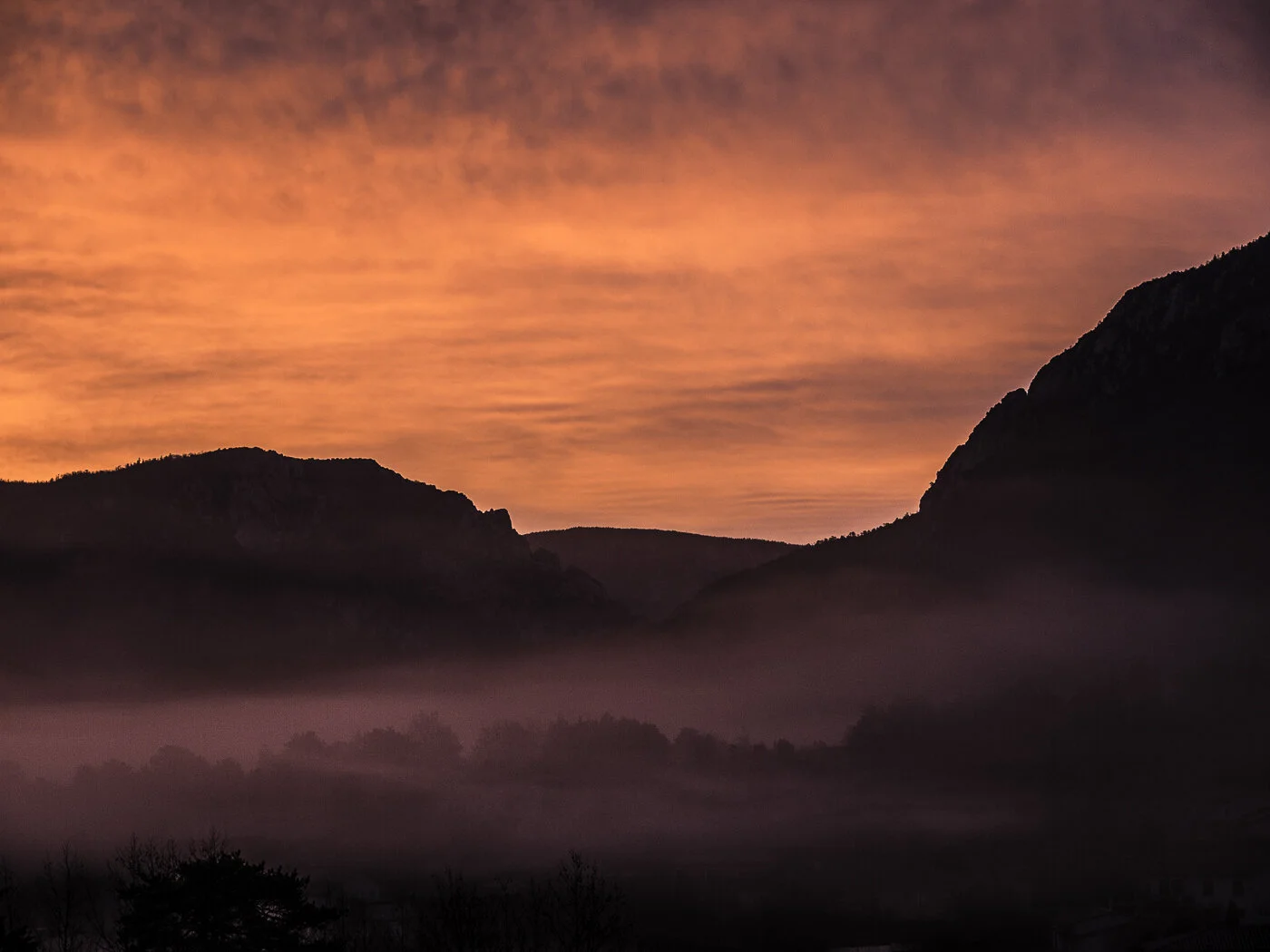Free Words In A Time of Confinement
/Anyone else feeling the urge to break out?
For many of us, these unusual times are intensifying issues that we’re always dealing with as human beings - how to live with a sense of freedom rather than confinement, connectedness rather than apartness.
And, as ever, the words we scribble on to the page, project on that stage, or which fall from our lips, are a reflection of that life exploration (sometimes disguised, sometimes not.)
The writing begins with the itch, or the yearning to express. And in the successful expressing we touch the wildness, the experience of limitlessness.
At the moment, here in France, we’re limited to a maximum exercise distance of one kilometre, once a day, for one hour. It’s been interesting to me to notice my belief that the more physical distance to roam I have, the freer I am.
I was thinking back to when I was searching for venues for a series of London workshops - Wild in The City.
My first thought was to run them on Hampstead Heath – After all, rambling across 88 acres with a notebook, must result in some untamed poems and storytelling, mustn’t it?
Then I considered the fact that the bigger the better, ‘let it all out’ approach doesn’t always work well with words. In the same way that, in psychotherapy, emotional catharsis has been shown to further embed traumatic symptoms, and lead to ‘stuck’ emotions, so, unleashing a literary explosion often causes us to write rambling, cliched, disconnected words, rather than free, connected ones.
Ironically, a large space - too large a piece of paper, too long a form (e.g. writing a tome of a novel) too much choice with plot direction, too broad a writing prompt, often doesn’t result in the writer feeling liberated, it results in them feeling constricted.
Just as stretching too much, or a massage given too forcefully will cause muscles to tense up in reaction, many writers freeze up when there’s too much freedom.
And then the character or narrator freezes up, and the reader feels that constriction too.
For the Wild in The City workshops I chose a small London square, hidden in the beating heart of the city, sandwiched between Georgian houses, and ignored by bustling commuters.
Rather than vast and unbounded, I saw that I was more likely to facilitate alive, passionate powerful words in participants, if we started with small and contained.
(Here, do substitute your suburban garden for the vision of a Bloomsbury square, given the former is likely to be more accessible.)
It's the limits and traditions of the form you choose to write in – be that the sonnet, novel, or screenplay - that free you, and support you.
It’s the containment and channeling of emotion into words, and put on the page in a controlled way, that charges them with power.
You could have looked at the Victorian railings that surrounded us as we sat and wrote in that square on that summer’s day, and thought of them as the bars of our cage. Or you could have noticed that it was those railings that supported and enabled the tendrils of Persian Ivy and Clematis to climb high.
As writers, we tell ourselves many stories of confinement: I’m not good enough, I don’t know how to do it, I can’t write poetry because it has too many rules…
One of the stories that limits us most, is the story that there’s a story trapped inside me that has to get out.
What we talked about, sitting in that square that day, was that freedom in the writing process comes from relaxing, and connecting with the process.
It comes from seeing that every ‘should’, every rule, every critical inner voice is a place where the energy of the story can be liberated, but only if we don’t embed those little messages by giving them autonomy, and too much of our energy.
Thinking of us all, in our pocket or not so pocket-sized rooms and gardens, with our pocket notebooks. Thinking of us all making everything that’s seemingly an obstacle, into a handhold or a foothold to climb higher, and finding the freedom in it all.
A six-week online course: Liberate Those Wild Words, begins the week of the 13th April 2020. See here for details
For the writing prompts that accompany these articles, sign up on the website homepage for the Monthly Newsletter.
Thank you Peter Reid for the photograph.












Winter Solstice Competition Runner-up: Hannah Ray, with You Were Born in a Pandemic